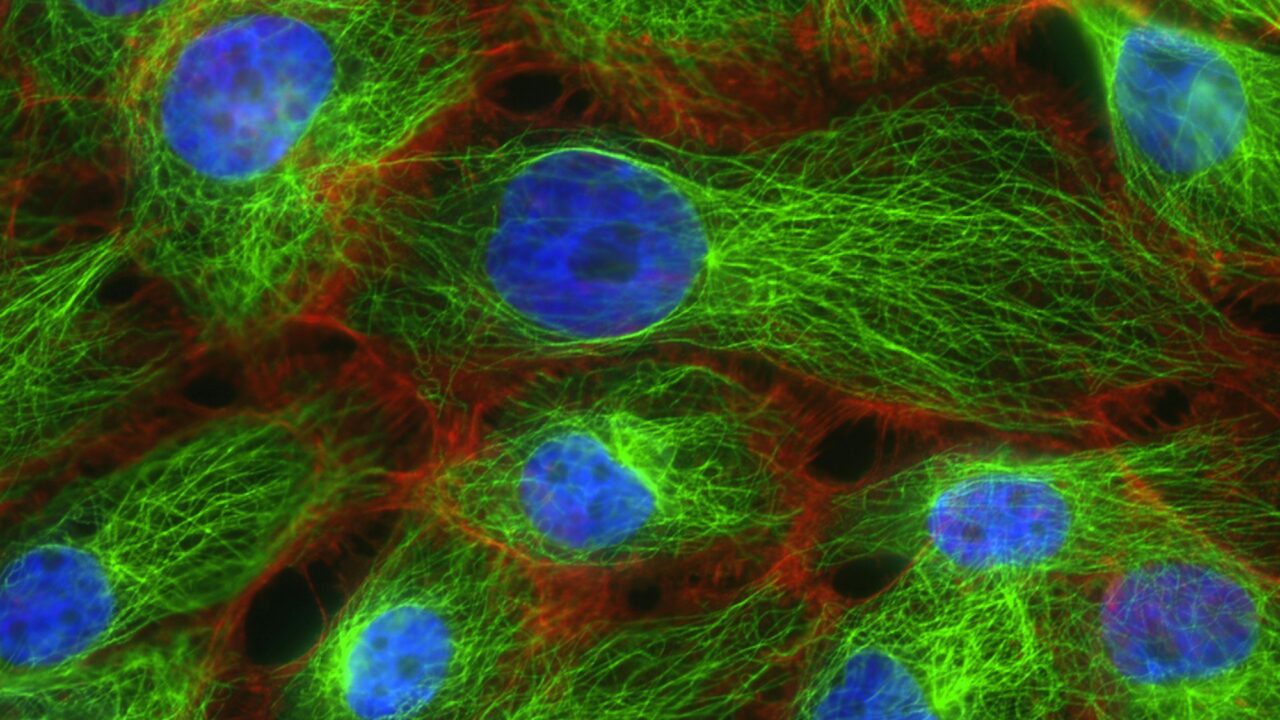Epigenetic targets and genomic stem cell pathways drive adult hair regeneration
Retrotransposons are interspersed repeating sequences that make up over 40% of the human genome. Proper tissue regeneration requires they be tightly regulated, but little is known about how this process is coordinated. To provide insights, researchers led by Yejing Ge, Ph.D., studied laboratory models of hair follicle stem cells in the skin. When injured, these stem cells change to help restore the skin barrier but eventually become exhausted. The researchers found an epigenetic regulator, SETDB1, driving...










